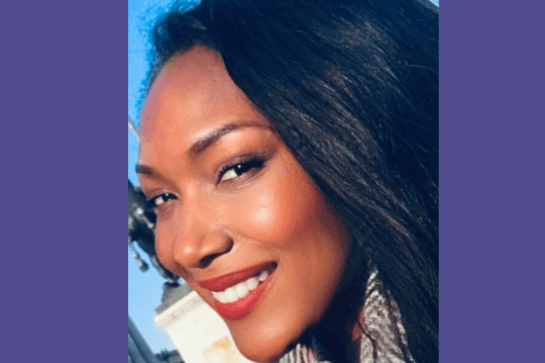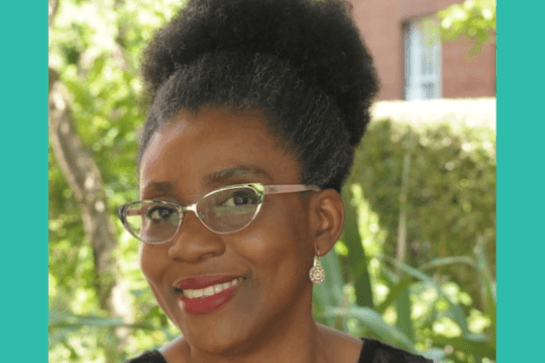
To bridge the professional attainment gap in higher education, particularly for underrepresented and international students, it's crucial to integrate real-world industry experiences within the academic curriculum. This demands a concerted effort from both academia and the industry, fostering a culture of participatory learning and cultural inclusivity. Educational leaders are increasingly recognising the importance of embedding employability within the educational framework, yet there is often a gap in translating this into actionable strategies.
Collaborative Development Fund 2023-24
Check out the other Collaborative Development Funds projects.
Aims and objectives
The “Student Knowledge Exchange Re-Imagined” project is aimed at enhancing student employability through innovative pedagogic KTPs. This project is set to address the unique challenges faced by both marginalised and international students, leveraging their cultural capital and mitigating barriers.
The initiative will catalyse the formation of Pedagogic Knowledge Transfer Partnerships (PKTPs), promoting meaningful industry interactions that are critical for developing student employability. By conducting extensive research and fostering dynamic university-industry collaborations, the project aims to develop strategies that not only improve student career readiness but also enhance pedagogic responsiveness to industry needs.
Project outputs
The project will yield multiple outputs in line with the design research methodology, and include:
Focus groups
Roundtables
Roundtable 1
Date: 3 May 2024
Time: TBC
This session will address challenges and strategies for overcoming professional attainment gaps, with a particular focus on underrepresented and international student populations.
Booking link available soon.
Roundtable 2
Date: 13 May 2024
Time: TBC
This roundtable will focus on integrating industry-led projects into academic programmes. The goal is to stimulate debate about, and foster a cohesive approach between education and industry, enhancing student employability and driving pedagogical innovation.
This will focus on professional attainment gaps and explore challenges and barriers related to employability and career progression for underrepresented and international students. Identification of strategic priorities and ways to measure success.
Booking link available soon.

